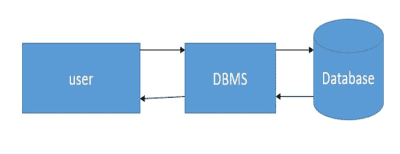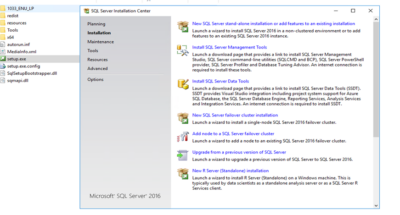A database is an organized collection of structured data or information that is stored in such a way that it can be easily accessed, created, updated, deleted, and managed.
A database management system (DBMS) is a type of software or tool that helps to manage the database. Users can create, maintain, manipulate, and retrieve data or information from a single table or group of interrelated tables.
DBMS has several pros and cons
Advantage of DBMS
- Make an easy to view data, add new data, modify and delete existing data.
- Organize the data in proper sequence and Structure.
- Eliminates data redundancy ( Same data set is stored in multiple places)
- Data consistency (Data consistency is the accuracy, completeness, and correctness of data stored in a database)
- Data can be shared among several users.
- Protecting data against unauthorized access.
- Allow for multiple users to be active at one time ( Data can be accessed concurrently)
- Data Backup and Recovery.
Disadvantage of DBMS
- The cost of hardware and software for a DBMS is often high, which can strain your organization’s budget.
- Most database management systems are complex, requiring user training for effective usage.
- Database failure due to power outage or system crashes is a risk.
- Unauthorized access poses a security risk.
- DBMS typically requires more disk space for program storage compared to a file management system
Read also: Introduction to Database Management System (DBMS)


